15 GPTs for Rights Awareness Powered by AI for Free of 2025
AI GPTs for Rights Awareness refer to advanced artificial intelligence tools, specifically designed or adapted to address issues and tasks related to human rights, civil liberties, and legal entitlements. These GPTs (Generative Pre-trained Transformers) leverage natural language processing and machine learning to provide tailored solutions for the dissemination, education, and advocacy of rights. By understanding and generating human-like text, they can interpret legal documents, educate individuals about their rights, and assist in the identification of rights violations, emphasizing their role in promoting awareness and action within this critical domain.
Top 10 GPTs for Rights Awareness are: Australian Lawyer,劳动法顾问,Oilfield Injury Attorney Houston [Start Here],Gun Rights,Justitia Guide,WA Legal Companion,Immigration Law Counselor,Fonseca e Assis,Support Sage,Constitutional Guide
Australian Lawyer
Empowering legal insight with AI

劳动法顾问
AI-Powered Labor Law Guidance

Oilfield Injury Attorney Houston [Start Here]
Empowering Your Legal Journey with AI
![Oilfield Injury Attorney Houston [Start Here] in GPT Store](https://r2.erweima.ai/i/H27YE6roRqOyn3Oa96eJOQ.png)
Gun Rights
Empowering through AI-driven legal insights on gun rights.

Justitia Guide
Empowering with AI-driven Legal Insights
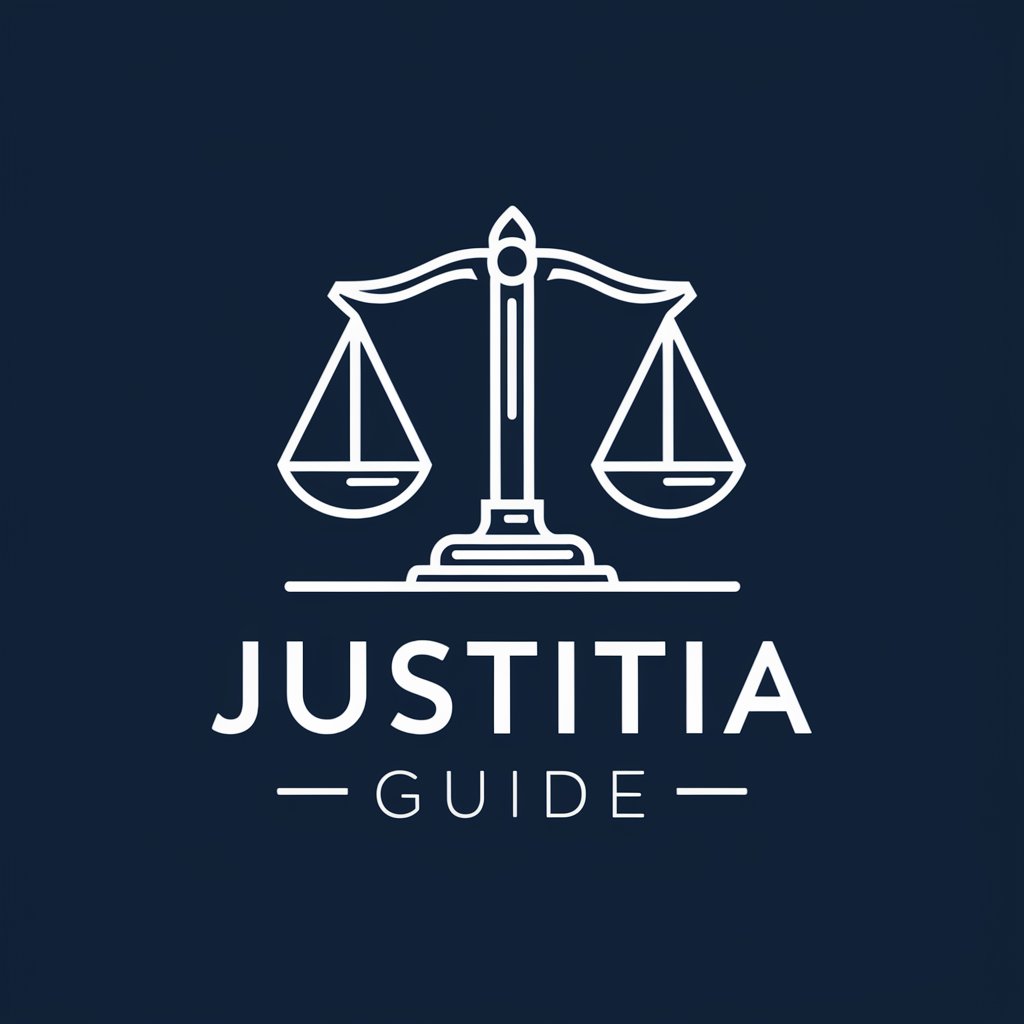
WA Legal Companion
Empowering Legal Understanding with AI
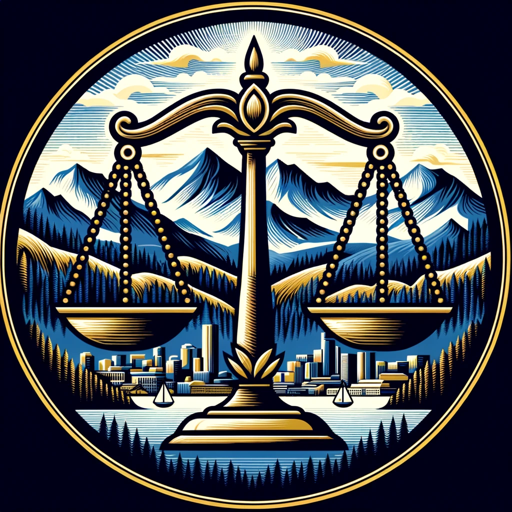
Immigration Law Counselor
AI-Powered Immigration Law Expertise at Your Fingertips

Fonseca e Assis
Empowering public servants with AI-driven legal support
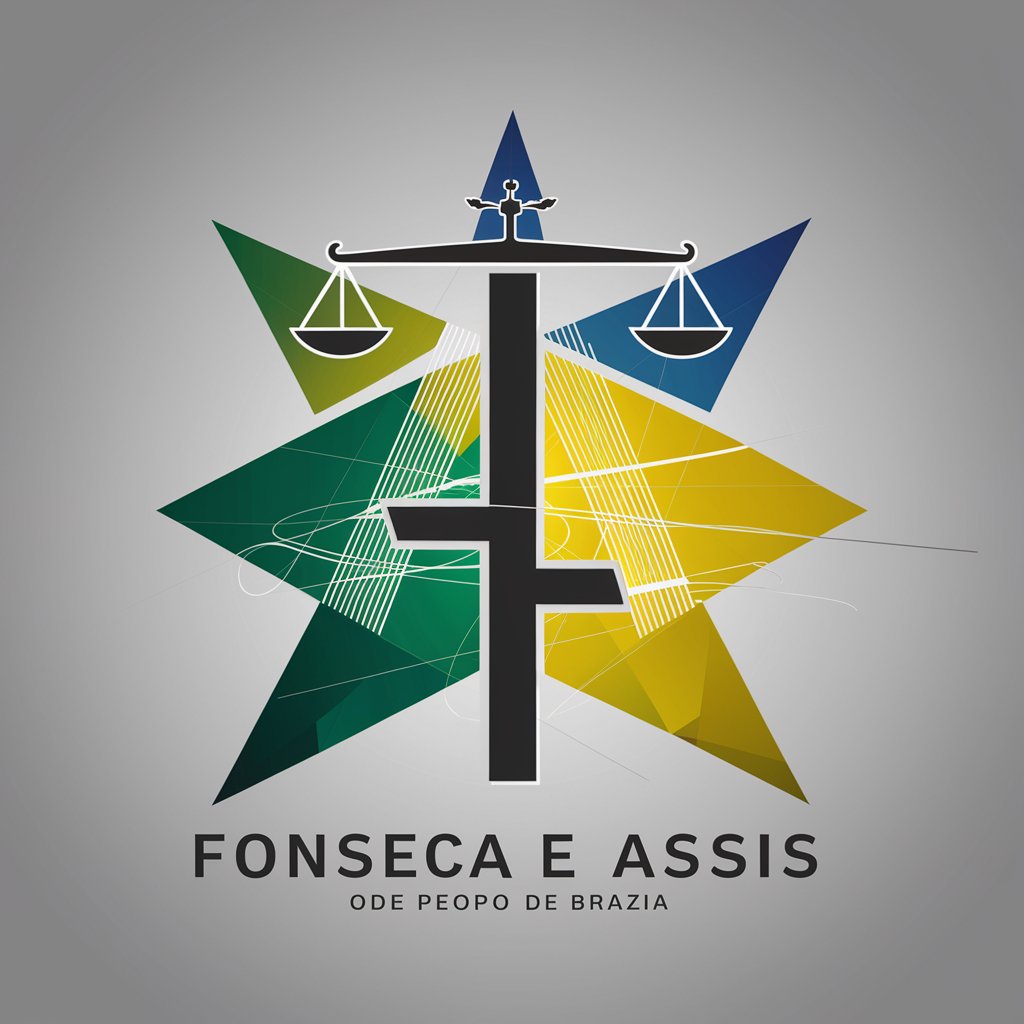
Support Sage
Empowering Legal Decisions with AI
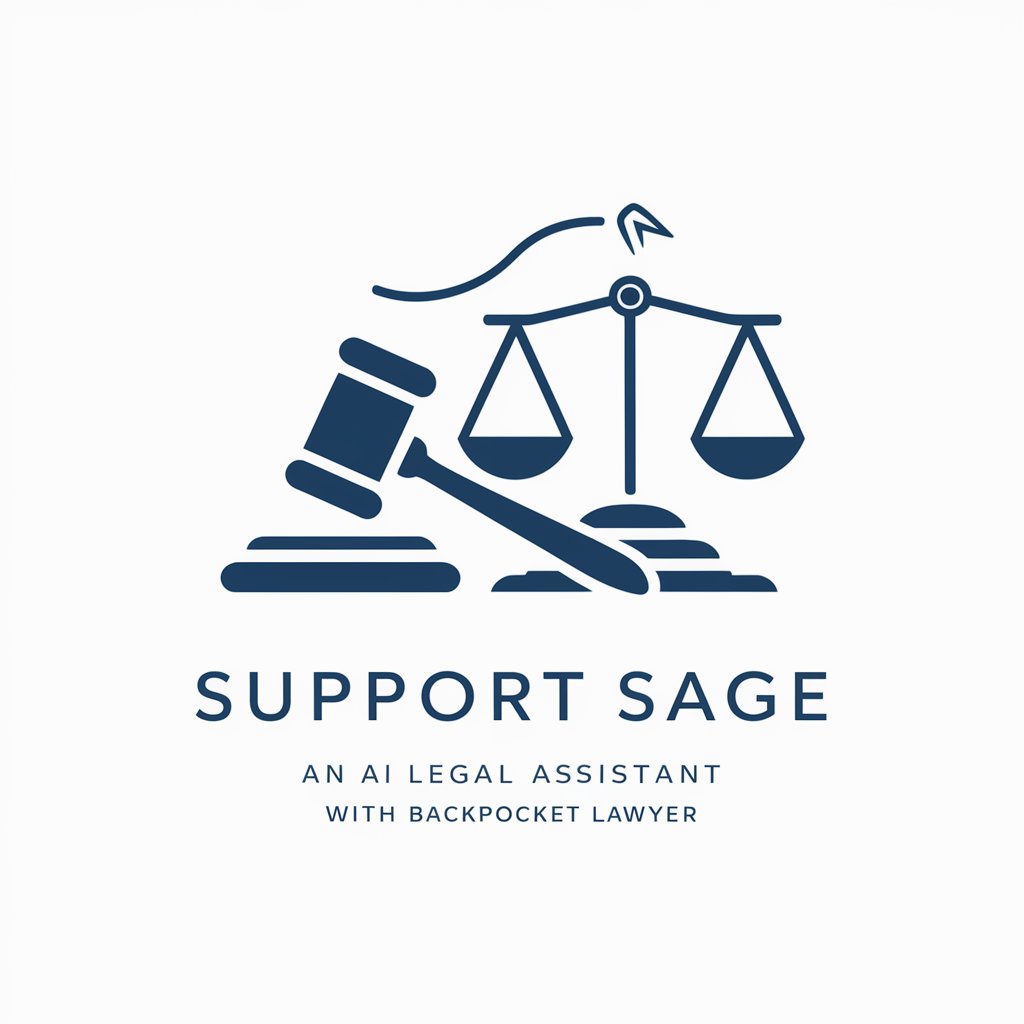
Constitutional Guide
Empowering with AI-driven Constitutional Knowledge
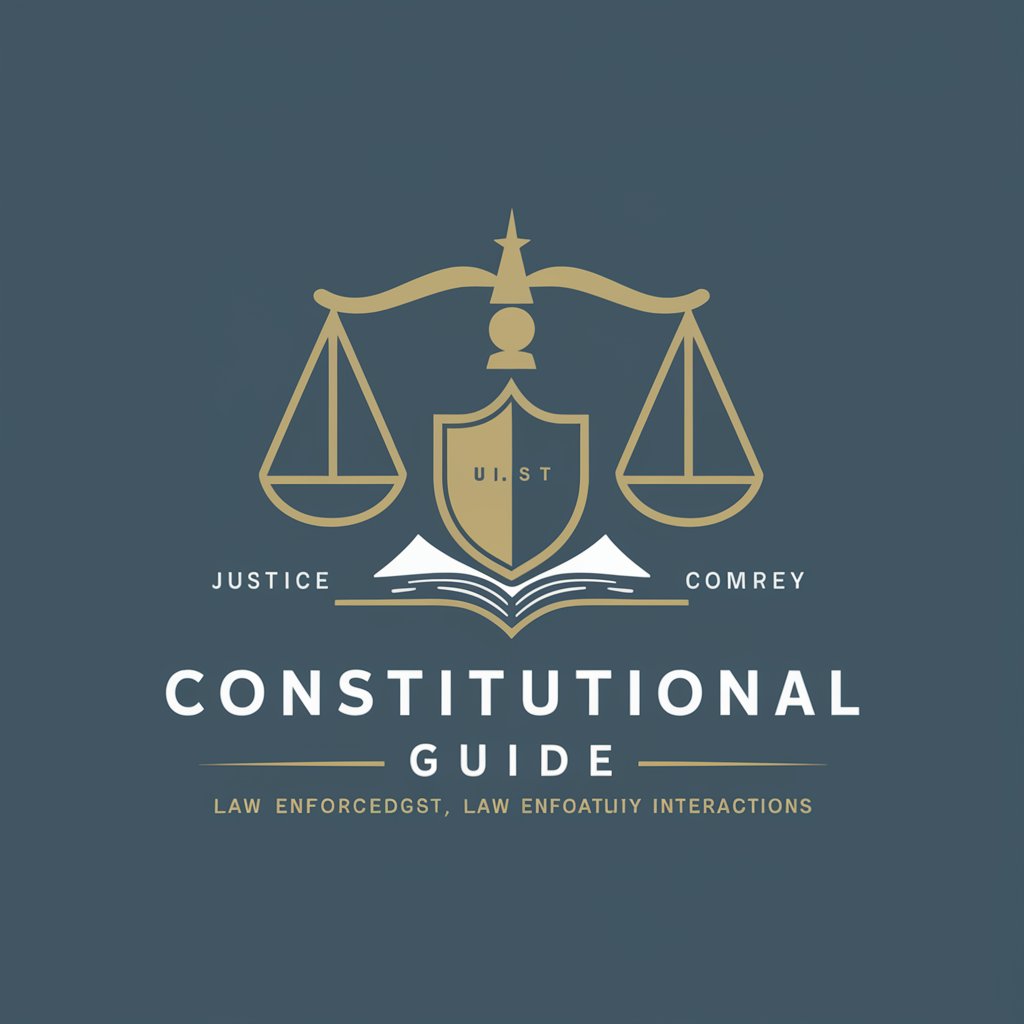
Terms of Service GPT
Simplifying Legal Terms with AI
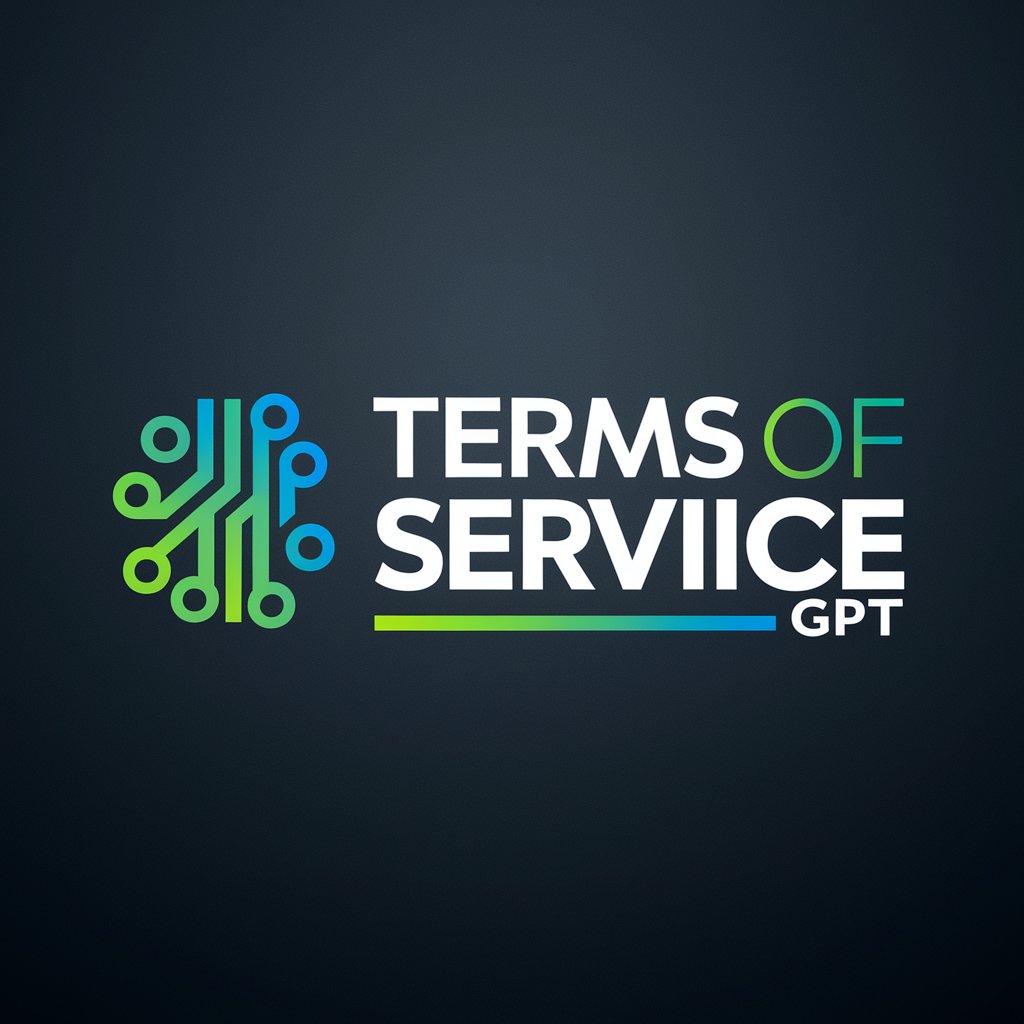
Virtual Legal Advisor United States
Your AI-powered legal guide.

Legal Eagle
Demystifying Law with AI

Win lawsuits against employers.
Empowering your legal fight against employers with AI.

PH Traffic Assistant Bot
Navigate traffic laws with AI power

Key Attributes of AI GPTs in Rights Advocacy
AI GPTs for Rights Awareness possess unique characteristics that set them apart, including the ability to understand and generate complex legal and rights-related text, adaptability to various levels of inquiry from basic rights information to detailed legal analysis, and language learning capabilities that encompass multiple languages and terminologies. Special features include technical support for legal professionals, web searching for up-to-date rights information, image creation for educational materials, and data analysis capabilities for tracking rights violations patterns. These tools can be customized for a wide range of functions, from simple question-answering to complex document interpretation, making them versatile allies in the fight for rights awareness.
Who Benefits from AI GPTs in Rights Awareness
The primary beneficiaries of AI GPTs for Rights Awareness include novices seeking to learn about their rights, developers looking to integrate rights awareness into applications, and professionals in the legal and human rights fields who require detailed analysis and support. These tools are accessible to individuals without coding skills through user-friendly interfaces, while also offering extensive customization options for users with programming expertise, thereby providing valuable resources across a broad spectrum of users.
Try Our other AI GPTs tools for Free
Grief Stages
Explore AI GPT tools designed for navigating grief stages, offering personalized support, information, and coping strategies tailored to your journey through loss.
Color Inspiration
Discover AI-powered Color Inspiration tools designed to transform your creative projects with personalized color schemes. Perfect for designers, artists, and marketers.
Malagasy Music
Explore the transformative power of AI GPTs tailored for Malagasy Music, designed to innovate creation, analysis, and promotion in the unique realm of Malagasy melodies and rhythms.
Music Practice
Discover how AI GPTs for Music Practice can transform your musical journey with tailored learning, creation tools, and personalized feedback.
Club History
Discover how AI GPTs for Club History revolutionize the study and engagement with club legacies through tailored narrative generation, data analysis, and visual content creation.
Rival Insights
Unlock strategic insights with AI GPTs for Rival Insights, your AI-powered tool for competitive analysis. Tailored solutions for in-depth market and competitor intelligence.
Expanding the Role of AI GPTs in Rights Protection
AI GPTs function as customized solutions across different sectors, offering significant potential for rights protection and advocacy. With user-friendly interfaces, they can easily integrate into existing systems or workflows, enabling organizations and individuals to more effectively communicate rights information and engage in rights protection activities. These tools not only assist in spreading awareness but also empower users to take informed actions towards upholding and advocating for their rights and the rights of others.
Frequently Asked Questions
What are AI GPTs for Rights Awareness?
AI GPTs for Rights Awareness are specialized AI tools designed to handle tasks related to human rights, legal entitlements, and civil liberties, using advanced natural language processing to provide information, analysis, and support.
How do AI GPTs assist in Rights Awareness?
They educate individuals on their rights, interpret legal documents, identify rights violations, and support rights advocacy through tailored information and analysis.
Who can benefit from using these AI GPTs?
Novices, developers, and professionals in legal and human rights fields, as well as anyone interested in learning about or advocating for rights.
Do I need coding skills to use AI GPTs for Rights Awareness?
No, these tools are designed to be accessible to users without programming expertise, offering user-friendly interfaces for a broad audience.
Can AI GPTs be customized for specific rights-related tasks?
Yes, they offer a range of customization options, allowing users with coding skills to tailor the tools to specific needs and applications.
How do these AI GPTs stay updated on rights information?
They leverage web searching capabilities and continuous learning algorithms to stay informed on the latest developments in rights laws and cases.
Can AI GPTs for Rights Awareness generate educational materials?
Yes, they can create text-based educational materials and, in some cases, visual content to help spread awareness about rights.
Are AI GPTs effective in legal analysis?
While they provide valuable support in interpreting legal documents and information, it's important to consult professional legal advice for complex legal matters.